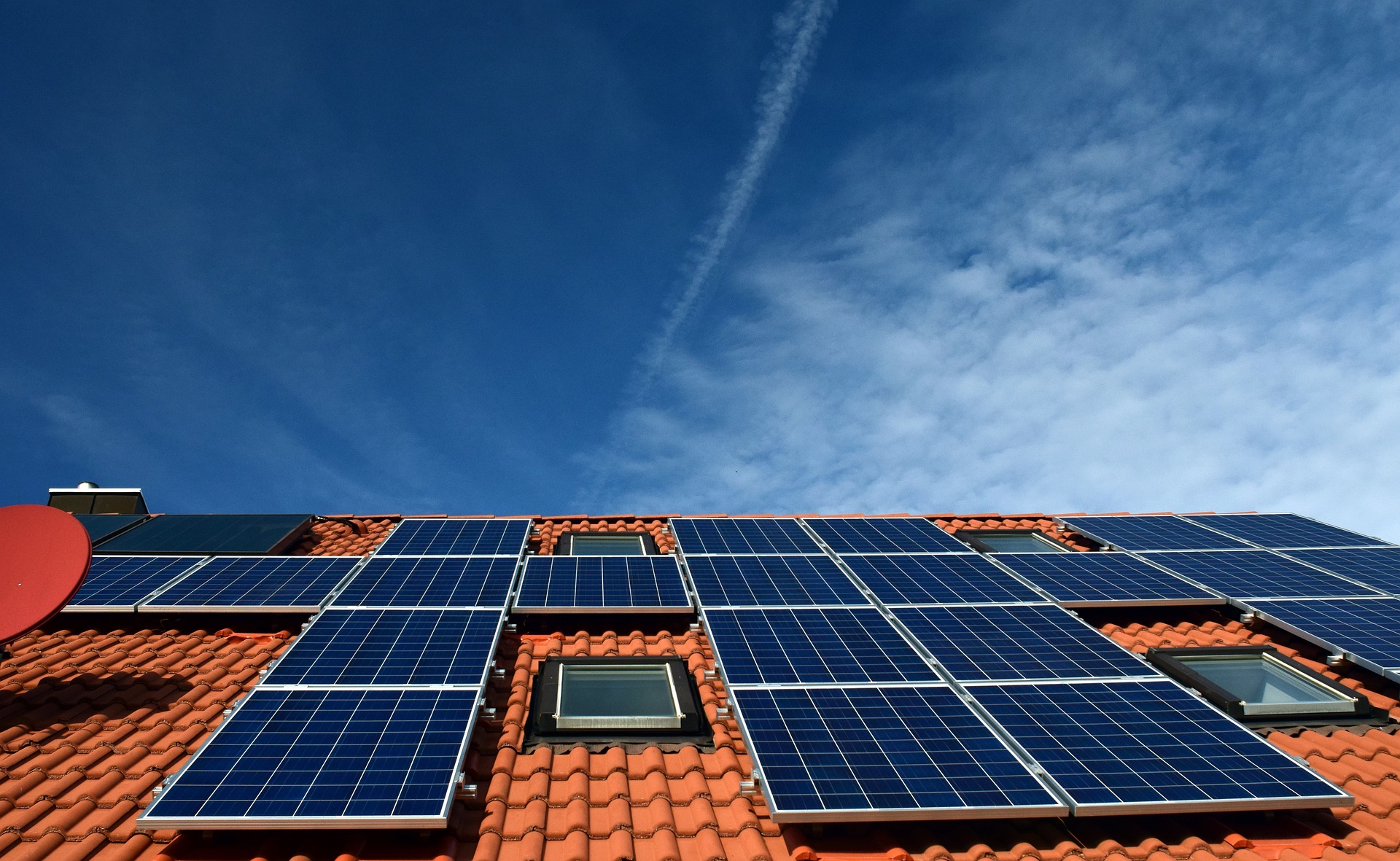Liverpool is experiencing a green revolution with an increasing focus on sustainability and renewable energy. One of the most significant developments in this trend is the rise of solar-powered homes. As environmental consciousness grows and energy costs continue to climb, solar-powered homes are becoming an attractive option for both homebuyers and property investors.
The Rise of Solar Energy in Liverpool
Liverpool’s commitment to reducing its carbon footprint is evident in its push towards renewable energy solutions. Solar power, in particular, has gained significant traction due to its efficiency, cost-effectiveness, and environmental benefits. Solar panels, which convert sunlight into electricity, are being installed on residential rooftops across the city, transforming ordinary homes into energy-efficient powerhouses.
The city’s local government has also introduced various incentives to encourage the adoption of solar energy. These include grants, tax rebates, and feed-in tariffs, which allow homeowners to sell excess electricity back to the grid. Such measures not only make solar installations more affordable but also enhance their attractiveness as an investment.
Financial Benefits for Investors
Investing in solar-powered homes offers numerous financial benefits. One of the most immediate advantages is the reduction in energy bills. Homes equipped with solar panels can generate a significant portion of their electricity needs, reducing reliance on traditional energy sources and lowering utility costs. For property investors, this translates into higher rental yields, as tenants are often willing to pay a premium for energy-efficient homes with lower running costs.
Additionally, solar-powered homes tend to appreciate in value more quickly than their conventional counterparts. The growing demand for sustainable living spaces means that properties with solar installations are likely to attract higher resale values. According to industry reports, homes with solar panels can sell up to 20% faster than those without, making them a smart choice for investors looking to capitalise on the green trend.
Environmental Impact
Beyond the financial gains, investing in solar-powered homes contributes to environmental sustainability. Solar energy is a clean, renewable resource that significantly reduces greenhouse gas emissions. By investing in properties with solar installations, investors can play a role in combating climate change and promoting a healthier environment.
This environmental impact also resonates with a growing segment of eco-conscious tenants and buyers. Properties that demonstrate a commitment to sustainability are particularly attractive to younger demographics, who prioritise environmental considerations in their housing choices. This shift in consumer preferences further boosts the desirability and marketability of solar-powered homes.
Technological Advancements and Market Trends
The solar energy market is rapidly evolving, with continuous advancements in technology making solar panels more efficient and affordable. Innovations such as improved photovoltaic cells, battery storage solutions, and smart home integration are enhancing the performance and convenience of solar-powered systems. These technological improvements not only increase the appeal of solar homes but also promise better returns on investment.
Market trends also indicate a growing acceptance and enthusiasm for renewable energy solutions. As public awareness of environmental issues increases, so does the demand for sustainable housing options. Investors who recognise and act on these trends can position themselves advantageously in the property market.
Government Support and Incentives
Liverpool’s local government is actively supporting the transition to renewable energy through various initiatives and incentives. These include subsidies for solar panel installations, tax benefits for energy-efficient homes, and schemes that promote the use of renewable energy. For property investors, these incentives can significantly offset initial installation costs and enhance the overall profitability of solar-powered properties.






